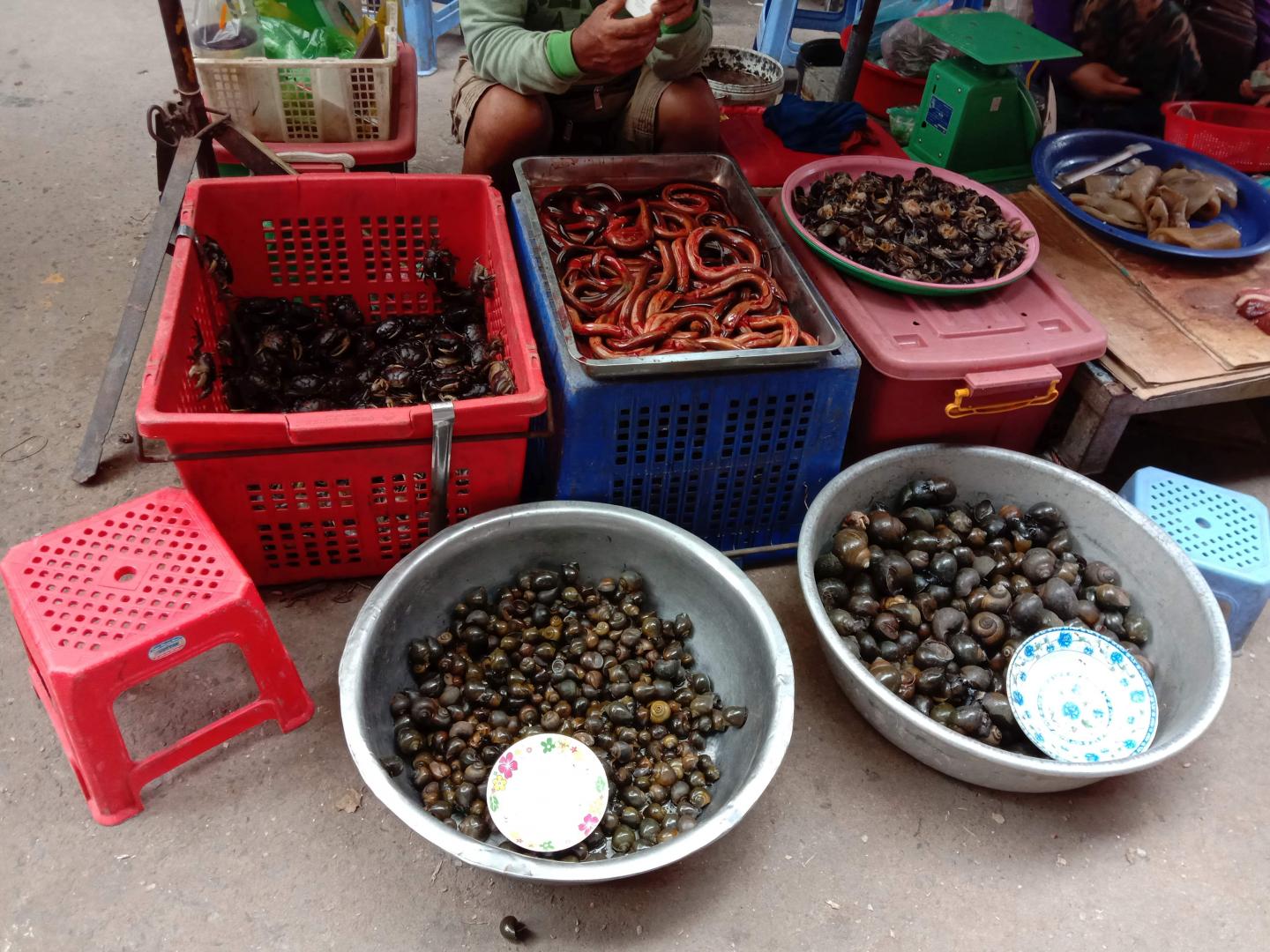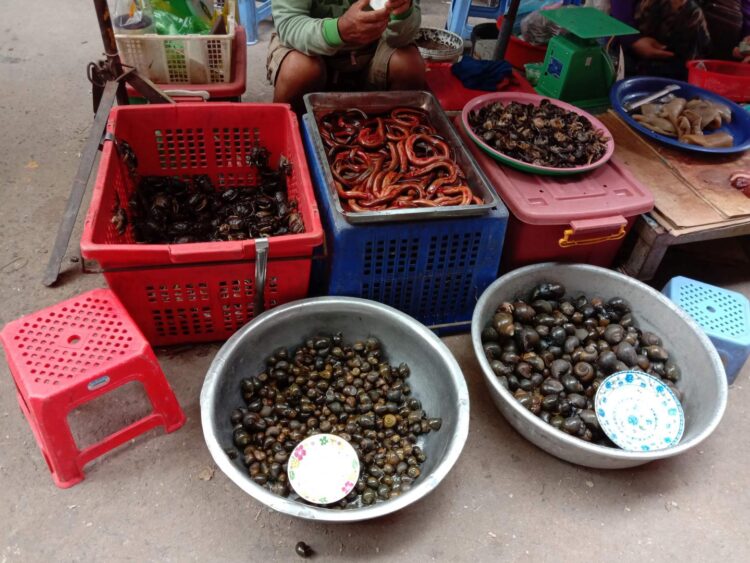International research team including Göttingen University makes urgent call for more effective wildlife trade legislation

Credit: Kit Magellan
Many diseases, such as COVID-19, have made the jump from animals to people with serious consequences for the human host. An international research team, including researchers from the University of Göttingen, says that more epidemics resulting from animal hosts are inevitable unless urgent action is taken. In order to protect against future pandemics which might be even more serious, they call for governments to establish effective legislation addressing wildlife trade, protection of habitats and reduction of interaction between people, wildlife and livestock. Their review was published in Trends in Ecology & Evolution.
An infectious disease caused by a pathogen – such as a bacterium, virus or parasite – that has jumped from an animal to a human is known as “zoonosis”. In the last thirty years, the majority of human pathogens which have caused substantial damage to human health and economies have originated from wildlife or livestock. Such diseases include Ebola, AIDS and SARS. COVID-19 is among the latest of these zoonotic diseases and is currently a pandemic that has resulted in more than a million deaths worldwide.
Two primary factors that facilitate such outbreaks are wildlife trade and fragmentation of natural habitat, both of which increase the frequency and potential for direct contact between humans and wildlife. Animals in wildlife markets are often housed in overcrowded and unsanitary conditions that create the perfect environment for pathogens to jump to humans. In addition, natural habitats are being cleared to meet the growing demands of an increasing human population, which puts livestock and people in closer contact with the wild hosts of potential zoonotic pathogens. Addressing these two factors could help prevent future zoonotic diseases.
Recognising that COVID-19 may have emerged from wildlife markets, the governments of China, Vietnam and Korea have all introduced some form of regulation to control wildlife trade since the outbreak, each of which goes some way to supporting wildlife conservation. These actions provide examples for other countries to consider. The authors, however, advise against a sudden blanket ban on wildlife markets as this will have a disproportionately high negative impact on disadvantaged, migrant and rural populations that depend on such markets for their subsistence. Rather, a range of measures should be considered, including governments working with local communities to create and maintain alternative means of subsistence before appropriate bans – specifically on live animals and non-food wildlife products – are considered.
“The coronavirus pandemic has inevitably focussed our energy on managing the disease. But in order to prevent the next outbreak – whatever form that might take – there needs to be recognition that people’s relationship with the natural world must change,” explains co-author Dr Trishna Dutta, University of Göttingen, Department of Wildlife Sciences. She goes on to say, “There needs to be urgent action to regulate the trade of wildlife and reduce consumer demand for wildlife parts and products. This should be done in tandem with protecting native ecosystems and reducing the wildlife-livestock-human interface which originally sparked this pandemic.”
###
Original publication: Borzée A, et al “COVID-19 highlights the need for more effective wildlife trade legislation”. Trends in Ecology & Evolution, DOI: 10.1016/j.tree.2020.10.001
Contact
Dr Trishna Dutta
University of Göttingen
Wildlife Sciences
Büsgenweg 3, 37077 Göttingen, Germany
Email: [email protected]
Tel: +49 (0)551-39-33583
http://www.
Dr Sandeep Sharma
University of Göttingen
Conservation Biology
Bürgerstraße 50, 37073 Göttingen, Germany
Email: [email protected]
http://www.
Media Contact
Melissa Sollich
[email protected]
Related Journal Article
http://dx.





